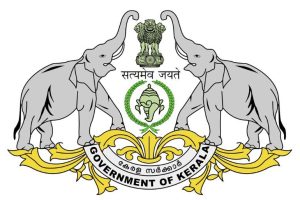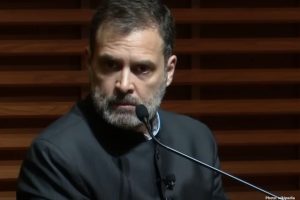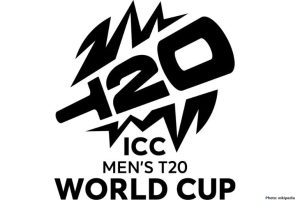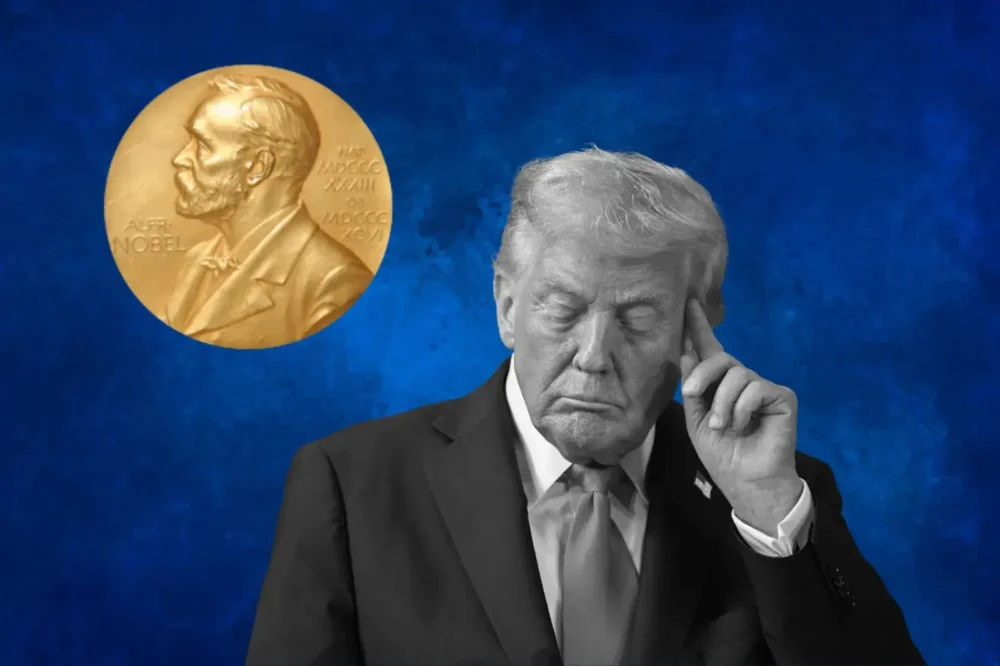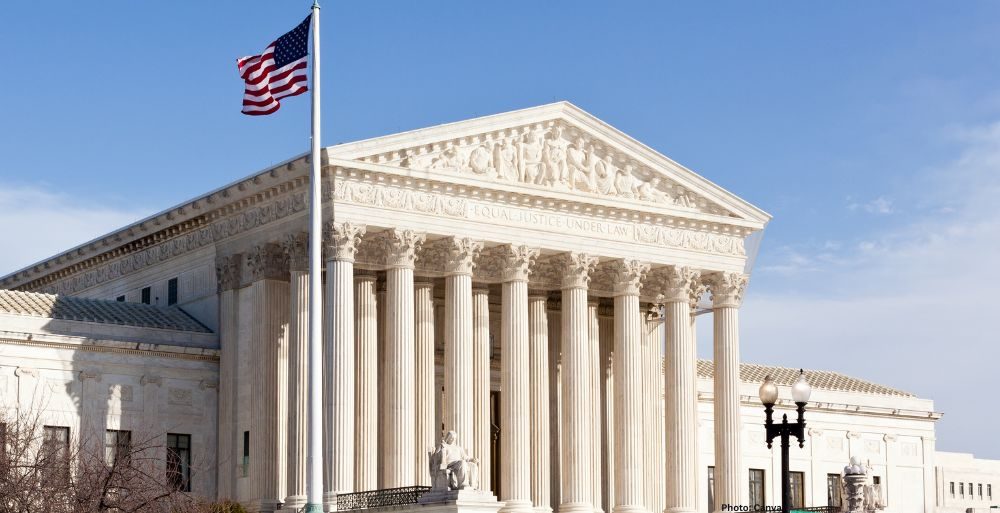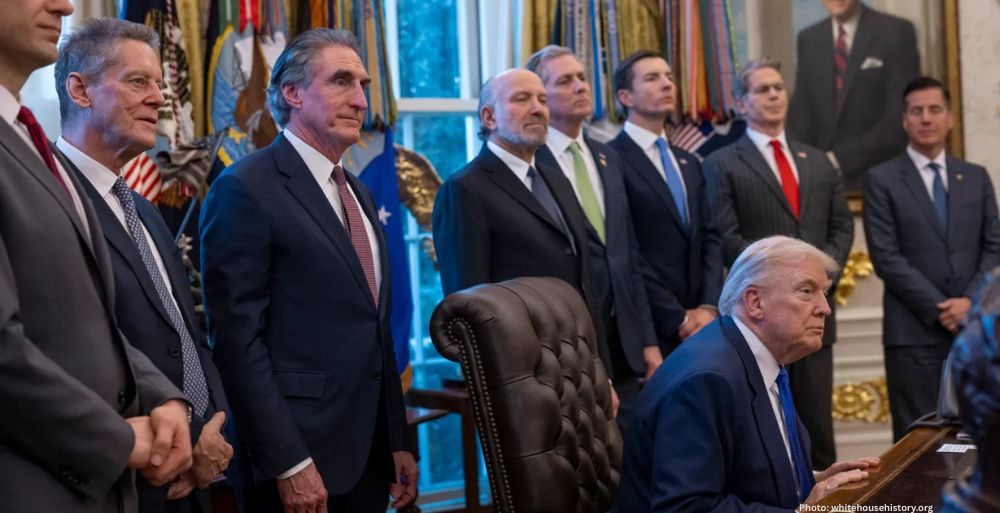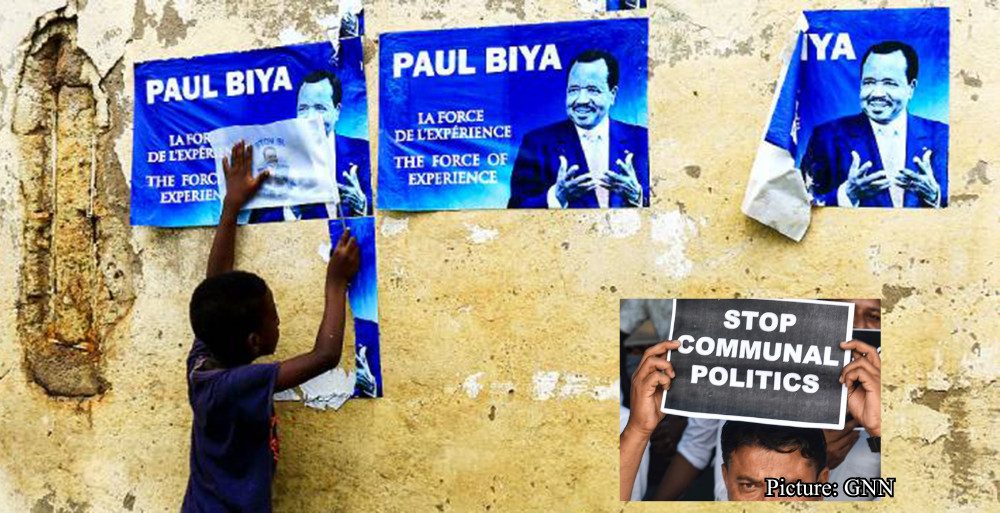In October 2025, former U.S. President Donald Trump was notably absent from the list of Nobel Peace Prize laureates. Despite his recent role in facilitating a ceasefire between Israel and Hamas, the Nobel Committee awarded the prize to Venezuelan opposition leader María Corina Machado for her unwavering commitment to democratic reforms in Venezuela. This decision has sparked discussions about the criteria and considerations that guide the Nobel Peace Prize selection process.
Reasons for Trump’s Nobel Peace Prize Snub:
- Nominations Closed Prior to Ceasefire:
The Nobel Peace Prize nominations for 2025 closed on January 31, 2025, well before the Israel-Hamas ceasefire was brokered. As a result, Trump’s recent diplomatic efforts were not considered in this year’s selection. - Controversial Political Climate:
Trump’s domestic policies, including crackdowns on crime and immigration, as well as his claims regarding the 2020 election, have been divisive. The Nobel Committee may have viewed these actions as inconsistent with the values upheld by the Peace Prize. - Perceived Self-Promotion:
Trump’s active campaigning for the Nobel Peace Prize, including public appeals and lobbying efforts, may have been seen as contrary to the committee’s preference for discretion in nominations. - Focus on Short-Term Achievements:
While the Israel-Hamas ceasefire is a significant development, the Nobel Committee may have favored recognizing individuals whose efforts have led to sustained and enduring peace. - Political Considerations:
The Nobel Peace Prize has often been awarded to individuals whose actions align with the committee’s values and the international community’s expectations. Trump’s political affiliations and actions may have influenced the committee’s decision.
Looking Ahead to 2026:
Despite the 2025 snub, Trump remains a potential candidate for the 2026 Nobel Peace Prize. His role in the Israel-Hamas ceasefire and other diplomatic efforts may be considered in next year’s selection process. However, the Nobel Committee’s criteria emphasize sustained and genuine contributions to peace, and Trump’s future prospects may depend on the long-term impact of his diplomatic initiatives.





